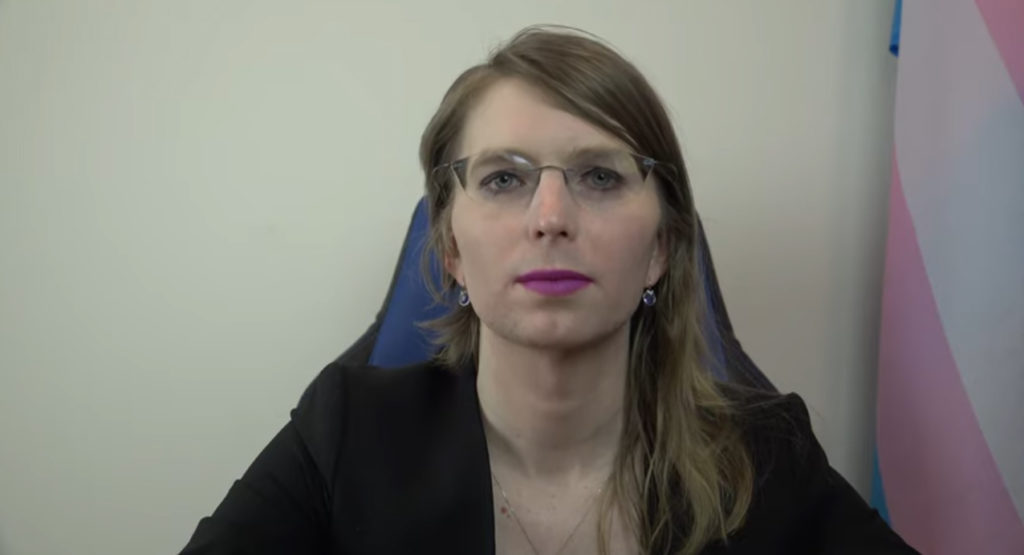|
Index of Materials re: Chelsea’s Resistance to Two Grand Jury Subpoenas |

Chelsea was incarcerated for 63 days for refusing to testify to a Grand Jury.
28 of those days were under solitary confinement conditions.
Complete Transcription:
Good evening.
Two months ago, the federal government summoned me before a grand jury in the Eastern District of Virginia.
As a general principle, I object to grand juries.
Prosecutors run grand juries behind closed doors and in secret, without a judge present.
Therefore, I declined to cooperate or answer any questions.
Based on my refusal to answer questions, District Court Judge Hilton ordered me held in contempt until the grand jury ended.
Yesterday, the grand jury expired, and I left the Alexandria Detention Center.
Throughout this ordeal, an incredible spring of solidarity and love boiled over. I received thousands of letters, including dozens to hundreds of them a day.
This means the world to me, and keeps me going.
Jail and prisons exist as a dark stain on our society, with more people confined in the U.S. than anywhere else in the world.
During my time, I spent 28 days in solitary confinement–a traumatic experience I already endured for a year in prison before.
Only a few months before reincarceration, I recieved gender confirmation surgery.
This left my body vulnerable to injury and infection, leading to possible complications that I am now seeking treatment for.
My absence severely hampers both my public and private life.
The law requires that civil contempt only be used to coerce witnesses to testify.
As I cannot be coerced, it instead exists as an additional punishment on top of the seven years I served.
Last week, I handwrote a statement outlining the fact I will never agree to testify before this or any other grand jury.
Several of my closest family, friends and colleagues supported this fact.
Our statements were filed in court.
The government knows I can’t be coerced.
When I arrive at the courthouse this coming Thursday, what happened last time will occur again.
I will not cooperate with this or any other grand jury.
Throughout the last decade, I accepted full responsibilty for my actions.
Facing jail again, this week, does not change this fact.
The prosecutors deliberately place me in an impossible situation: I either go to jail, or turn my back on the principles that I have.
The truth is, the government can construct no prison worse than to betray my conscience or my principles.
Thank you, and good night.